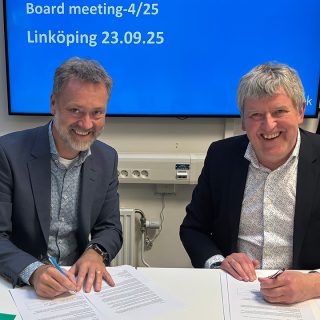Summary
Life Long learning might be the next big paradigms shift in university education: university graduates in the past were assumed to apply for the 50 years of their professional career what they learned in the university for five years, but this career model is more and more challenged. For engineers, we also see an increasing demand for non-technical skills, that make them better coping with the future challenges and working in teams. We can argue and discuss if the change has been as fast as predicted and how fast does it continue, but the general agreement is that the universities must rethink their role in adult education.
There has been a mixture of approaches applied and tested in universities, from online courses, to mentoring, to mixing vocational and university education to micro-credentials. All of them pose different challenges to the universities. According to a recent NORDTEK-ANE joint report, university staff does mostly not oppose educating more mature students, their main barriers are time and finances: flexible schedules for students mean always approachable teaching staff, and the university financing models do not always support enough lifelong education activities. Also, for the majority of the university staff, whose main goal and calling is research, adult education offers little to fulfil their ambitions.
There are also barriers from the side of learners: adults with already many responsibilities (thus the high demand for flexibility) and the companies (when there is money to educate your employers, there is no time and when the economy stagnates, the situation is opposite, so again a difficult balancing exercise).
However, all of the changes in our learning habits most and foremost, require a learner to take responsibility of his or her career choices: find time and develop themselves to stay competitive. All other stakeholders need to support self-actuated students by any possible means which also requires good collaboration between the stakeholders. Some good examples include the West Danish joint IT master program (collaboration program between universities also featured in this newsletter) and the Norwegian Industry program funded by the government (to bring together universities and employers).
The audio recording of the full discussion (48 min) can be found HERE


